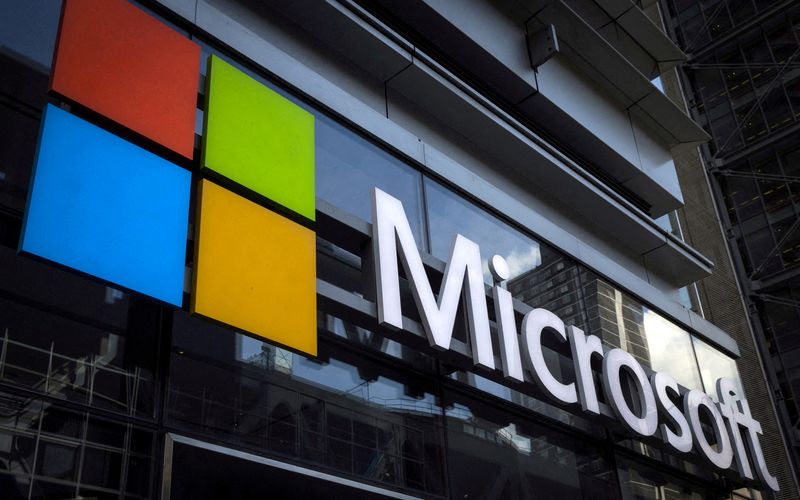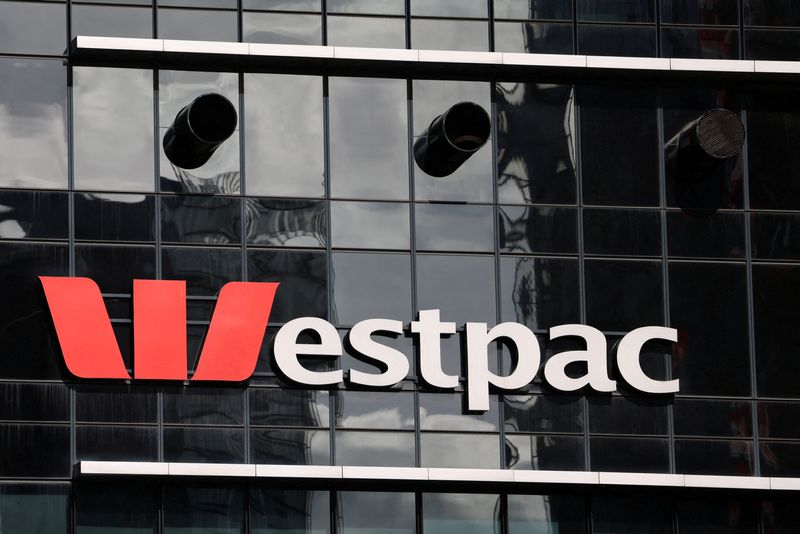Trium Capital discloses 1.17% stake in Dalata Hotel Group
PositiveFinancial Markets

Trium Capital has announced a 1.17% stake in Dalata Hotel Group, marking a significant investment in the hospitality sector. This move is noteworthy as it reflects confidence in Dalata's growth potential and the overall recovery of the hotel industry. Investors are keenly watching how this stake will influence Dalata's strategic decisions and market performance.
— Curated by the World Pulse Now AI Editorial System








